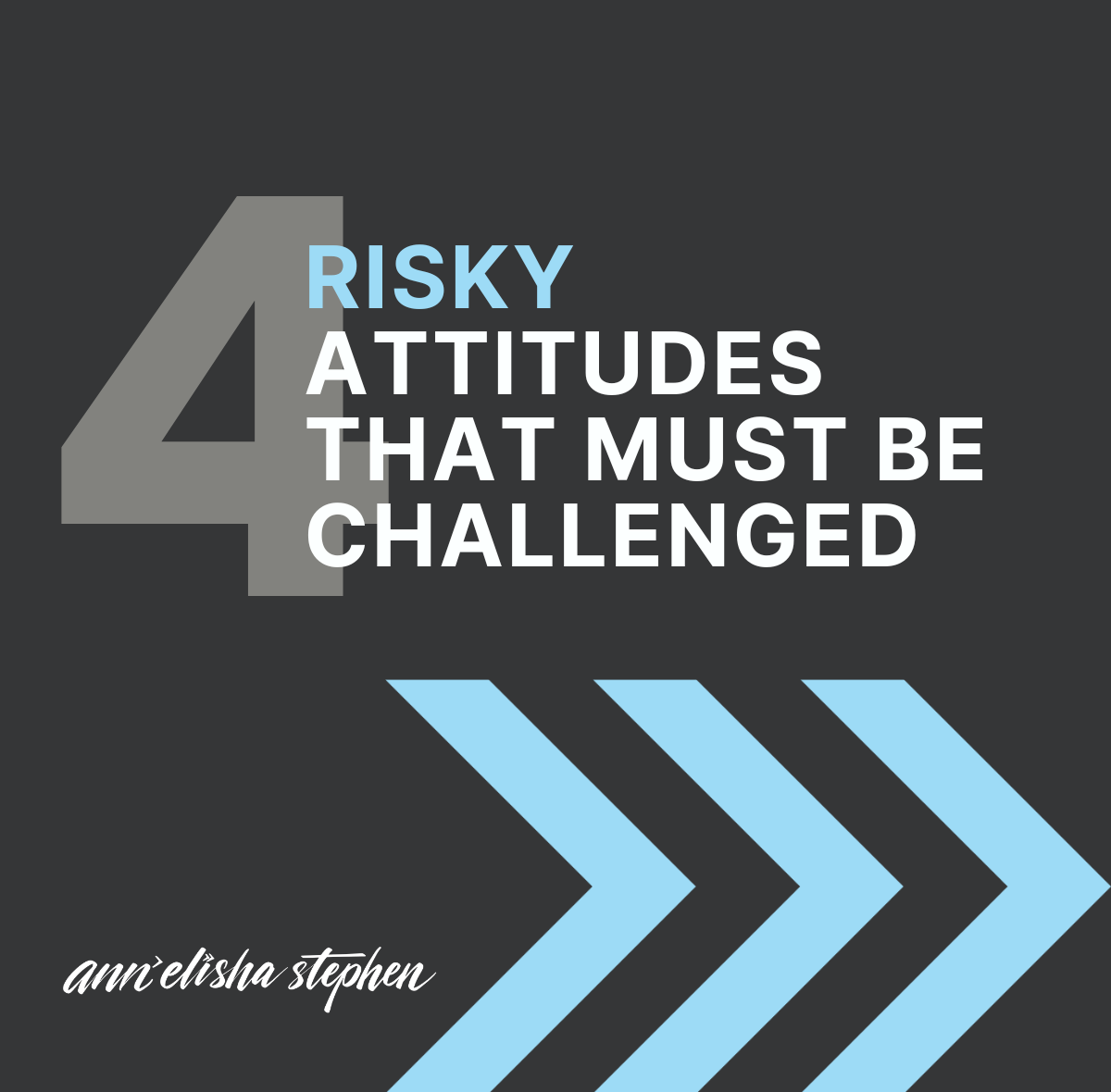We want to keep flying under the radar.
Is this a community relations strategy that you’ve encountered?
Sure, it’s a legitimate strategy. You follow the rules, meet the minimum requirements, do business without ruffling too many feathers and avoid attracting attention. You aim operate in communities unnoticed, so that you can get on with what you want to do without interruption.
Is flying under the radar an effective strategy?
Not in my opinion.
It won’t take you far, because if you aim to be invisible, it’s impossible to play a big game. Nor will it offer long-term security, because inevitably the spotlight will shine on you and reveal all… and then what?
When you hide, you forgo essential ingredients for building social licence, reputation, and trust.
Thinking that you can fly under the radar is a risky attitude.
The risky attitude trap
Over the years, working with clients on their social license journey, you start to notice patterns. Some organisational qualities help in the journey toward social license, while others are flashing warning signs demanding attention. Organisations that address these signs are more successful in strengthening their social license. Those that ignore risky attitudes also ignore significant social and reputational risks. And more often than not, it comes back to bite.
Other risky attitudes I’ve seen are:
- Alls well that ends well – when you fall into the trap of assuming that your stakeholders will routinely accommodate your needs and wants and overlook any missteps. You rely on goodwill, which might be fine until the stakeholder landscape shifts and goodwill dissipates. Challenge and refusal can be a rude awakening.
- Act now, ask for forgiveness later – when you are tempted into action knowing that you’ll make some mistakes and need to course-correct later on. The trap here is that you assume your stakeholders will forgive you. But you risk making mistakes that are unforgivable and destructive, and leave a legacy of distrust.
- Too busy putting out fires – when you are stuck in a reactive cycle, running from one issue to the next that there’s no time to invest in a proactive, strategic approach. The trap is that social license goes largely unmanaged, and you’re on the fast-track to your next issue… and burnout.
I’m taking a deep-drive into these risky attitudes today.
But… why?
What gives rise to risky attitudes?
Let’s explore two factors:
- Social power. This is how influential the organization is in the community. If they have a lot of clout or the community depends on them for jobs, business opportunities, or funding, their social power is likely to be strong. If they have little influence or are new in town, their social power might be weak.
- Social impacts and risks. Some organizations have strong governance and a mature approach to managing social impacts and risks, meaning these are likely to be well managed. Others might lack relevant policies, not invest in social studies, or have new and developing internal capabilities, leading to poorly considered social impacts and risks.
Now, here’s where risky attitudes can emerge.
If social impacts and risks are poorly considered and there is little power in the community, teams might be stuck in a reactive cycle, constantly firefighting from one issue to the next. The attitude of “we are too busy” means social license goes unmanaged, and is a sure-fire path to your next issue and employee burnout.
If an organisation has strong community power, they might believe they can rely on community goodwill when mistakes are made. This attitude of “let’s press ahead and ask for forgiveness later” can signal ethical concerns around abuse of power. You also risk the stakeholder landscape shifting and making an unforgivable mistake that leaves a legacy of distrust.
Organisations managing social impacts well but with little power might try to “fly under the radar.” This risky attitude can lead to less effort in local relationships and tough conversations, which will come back to bite. When the spotlight finds you, you won’t have built up the social capital needed to navigate rough seas.
Even organisations with strong social power and well-managed impacts aren’t immune to risky attitudes. Complacency can set in, and we fall into the trap of relying heavily on goodwill when make decisions and take action. When we don’t keep pace with changing community expectations, the attitude of “all’s well that ends well” can result in a reputational crisis when goodwill dissipates.
Perhaps one of these risky attitudes sounds familiar from an organisation you’ve worked with or past projects you’ve worked on? You’re not alone.
What risky attitudes can you challenge today?
Addressing risky challenges requires:
- The courage to surface and call out these risky attitudes
- The honesty to unpack the systemic issues behind why they are showing up
- The tenacity to chip-away at these issues bit-by-bit to dissolve the attitude
When we tackle these attitudes inside our organisations, we strengthen social license, better manage social risk and live up to our social responsibilities. The pay-off can be huge. And, bonus – our jobs get easier too.

